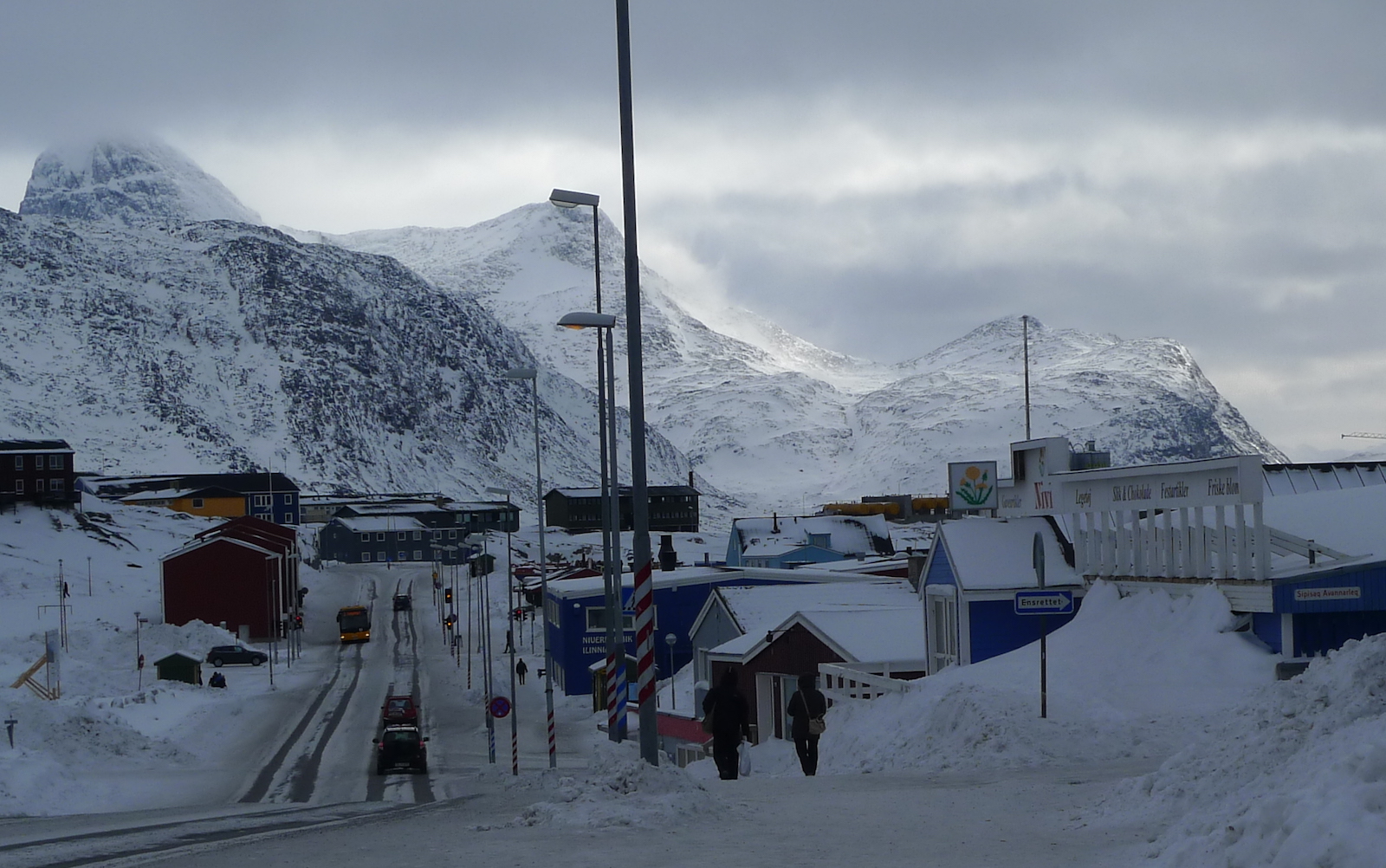Despite false positives, new COVID cases keep Greenland health authorities on alert
“We need to act as if the virus is out there.”

A review of the six positive COVID-19 tests recorded this weekend in travelers from Denmark to the town of Ilulissat, Greenland, has revealed that three had been contaminated during the testing process, health authorities say.
“On Sunday, we announced that there were six cases in Ilulissat. It turns out the situation isn’t as bad as we thought,” Henrik L. Hansen, Greenland’s chief medical officer, said during a press conference on Monday.
Health authorities, alerted by the “extraordinary” number of positive tests, conducted a review of testing equipment and found that the tests had been analyzed under unhygienic conditions, resulting in three being contaminated.
[Stay at home for the holidays, Greenland warns would-be travelers]
The situation at the Ilulissat lab has now been addressed, according to officials, while testing equipment at Greenland’s seven other test facilities is being inspected to ensure that a similar situation does not occur.
Meanwhile, on Monday, two new cases of COVID-19 were reported in Nuuk amongst travellers returning to Greenland for the holidays. As with the travellers to Ilulissat, the individuals who tested positive have been self-isolating and that there was no reason to believe others had been infected, according to Anna Wangenheim, the health minister.
“We’ve seen a high number of cases in recent days, but that doesn’t mean we have a high rate of transmission,” she said.
However, while the infections in Ilulissat were confined to a single family, the cases in Nuuk were discovered in individuals who travelling separately, and that, according to Hansen, underscored the danger of widespread infection arriving from Denmark.
“We need to remember that even though we test everyone, you could still have COVID-19 in your system and not show symptoms until later. You can get sick up to 14 days after you’ve been infected. And that means that with the infection rate we see now (in Denmark), we can’t be certain that travellers aren’t bringing the virus to Greenland — someplace or another. For that reason, we need to act as if the virus is out there.”